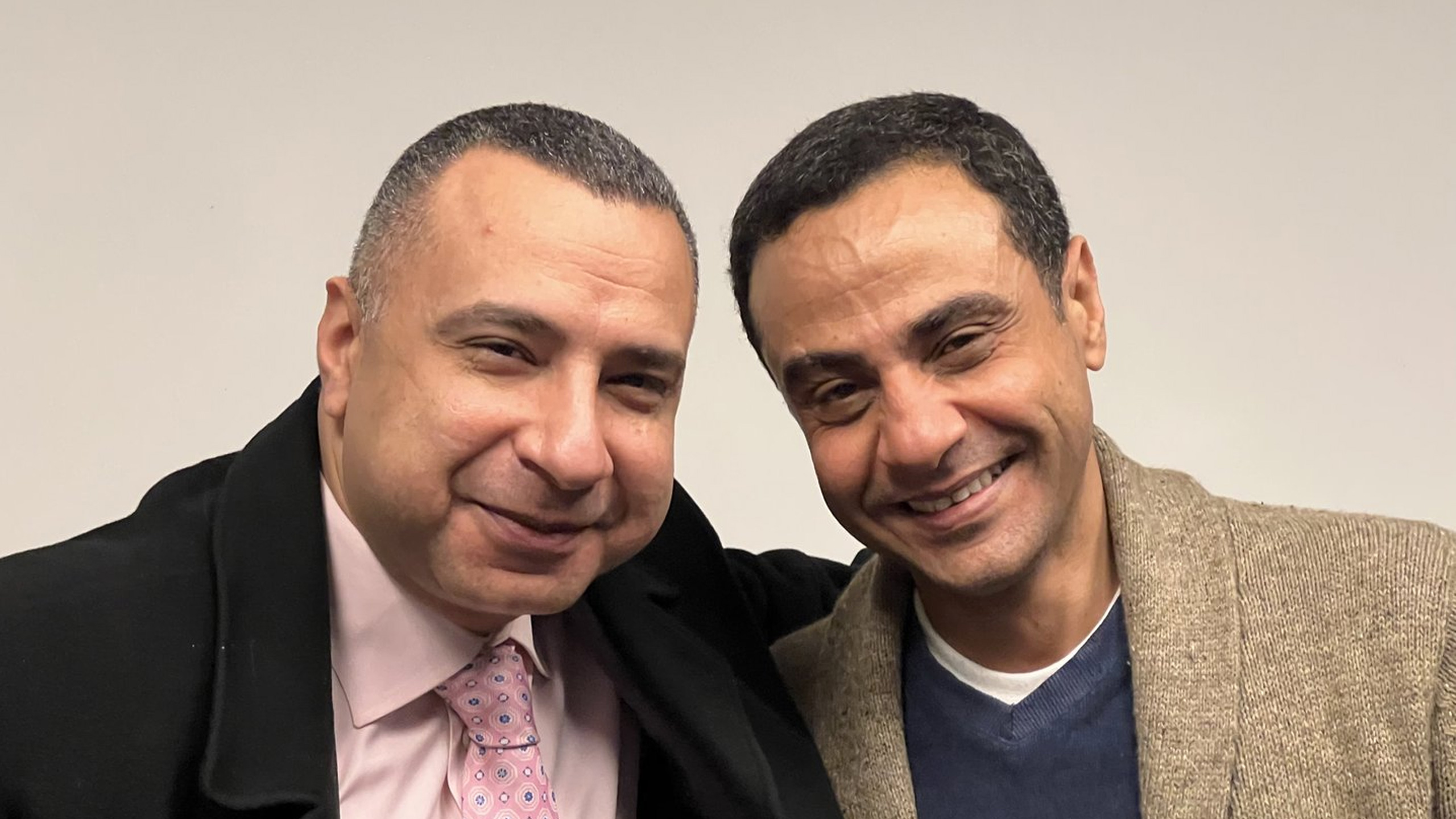Nearly 15 years after Canadian citizen Joseph Attar was imprisoned by Egyptian authorities on charges of espionage, the 45-year-old finally set foot on Canadian soil last Friday.
Attar, who previously went by the name Mohammed el-Attar, was visiting family in Cairo in 2007 when he was arrested for purportedly working as a spy for Israel, according to the CBC. Then 31, Attar, an Egyptian-Canadian employed as a bank teller in Toronto for the Canadian Imperial Bank of Commerce (CIBC), was accused by the Egyptian government of using his position to access and procure CIBC bank account information and send it to Israel’s intelligence agency, Mossad.
Egyptian authorities also claimed Attar attempted to recruit new agents within Canada’s LGBTQ2S+ community. The CBC identifies Attar as gay, although it’s unclear if he’s ever publicly self-identified as such.
By all appearances, the perception of Attar’s identity in Egypt played a role in raising the government’s suspicion of his purported activities, due in part to anti-LGBTQ2S+ attitudes in the country. A 2013 Pew Research study conducted six years after Attar’s arrest found 95 percent of Egyptian respondents stated that “homosexuality should be rejected.” A later 2019 study indicated no significant shift in that number.
While homosexuality itself is not criminalized in Egypt, current laws strictly prohibit so-called “expressions” of queerness, which can range from waving a rainbow flag in public to committing vaguely defined “scandalous acts.”
The CBC also noted that Attar originally emigrated from Egypt, his birth country, to Canada in order to flee persecution as a Christian convert.
In 2007, Attar travelled to Cairo for the first time since moving overseas in order to pay his respects to his dying grandfather, as the Globe and Mail reports. After landing, he was immediately seized by Egyptian officials and taken to another location for interrogation.
There, Attar maintained he was forced to sign a false confession under torture, which included electrocution and being made to drink his own urine, per the CBC. Ragab Mohammed, a Cairo attorney initially appointed to represent Attar in court, told the press in 2007 that he believed his client to be guilty of all charges.
Although Mohammed was later replaced by another lawyer, Attar was ultimately convicted after a quick trial. The judge overseeing the case reportedly denied motions for Attar to communicate or consult with Canadian officials through the Cairo embassy.
In the interceding decade and a half, Attar maintained his innocence.
Stuart Einer, a 57-year-old former CBC producer who began a correspondence with Attar in 2011, said in a phone interview that Attar consistently presented as a man filled with “anger,” “frustration” and “determination.”
Einer, who stated he is not an advocate for Attar and has no knowledge of his guilt or innocence, described how Attar’s letters were characterized both by his fervent determination for his release and his anguish over the sentence itself. They included accusations that the Canadian government failed to intervene on his behalf, both before and after his conviction.
In many of his letters, Attar was candid with “straightforward facts about life behind bars” and “the challenges he faced” in hiring legal representation, which was impeded by his financial situation, Einer says.
Einer read aloud one account penned by Attar, which described a hunger strike organized by Attar and three other political prisoners in August 2013 over dismal living conditions, including “no light,” “no water,” “no way to express my faith” and the inability to appeal his sentence.
Another letter from 2018, the last written communication from Attar that Einer received from the Canadian consulate in 2019, was characterized by Attar’s resignation to his fate. In a grim prediction, Attar wrote that he would be a “human leftover… homeless, jobless and old.”
Einer also verified that while Attar asserted his identity as a Christian in these letters, he did not profess or assert an identity as a gay man. When asked whether Einer thought perceived homosexuality played a role in the sequence of events, he suggested it might have been used, albeit subtly, to further “demonize” Attar in the eyes of the Egyptian public.
After landing at Toronto’s Pearson International Airport and settling at a hotel, Attar told reporters on Jan. 14 that he is determined to clear his name and still has questions as to why he was not aided by Canadian officials from the very beginning, per the CBC.
“I felt neglected by my government,” Attar said. “I felt that Canada is a great nation, for God’s sake, it’s one of the G7 countries in the world and it has one of the most respectable passports ever.… What is going on?”
Xtra reached out to Attar for comment and did not receive a response prior to publication time.
Correction: January 21, 2022 10:55 amThis story has been amended to correct Stuart Einer’s age and clarify Einer’s beliefs about Attar’s perceived homosexuality by the Egyptian public.


 Why you can trust Xtra
Why you can trust Xtra


